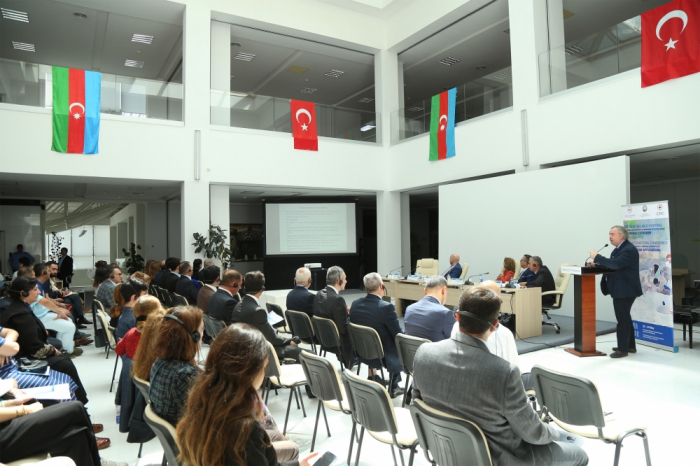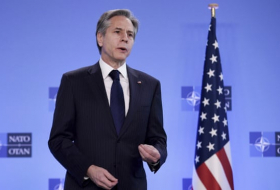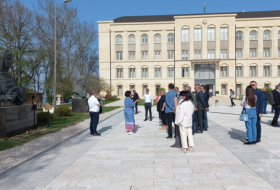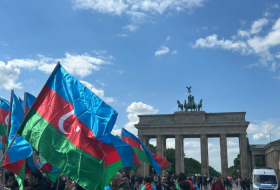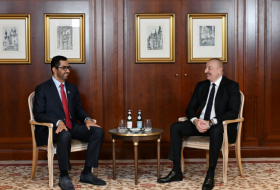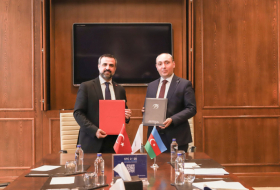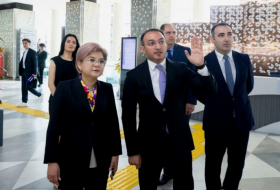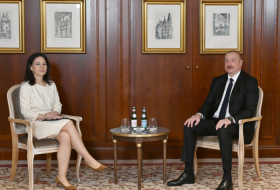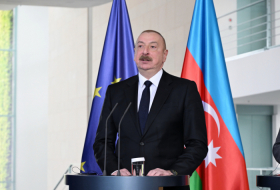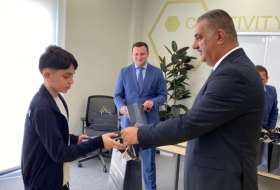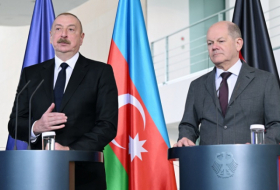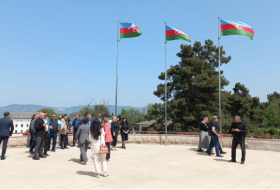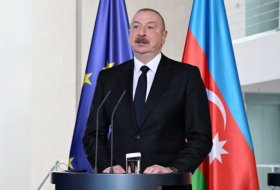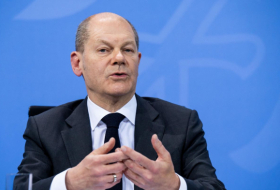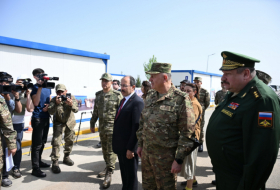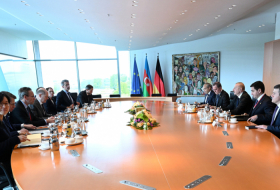For the last months, the State Commission and the ICRC developed the Pilot Project on Recovery and Identification of Conflict Related Missing Persons, a multidisciplinary humanitarian forensic intervention to be implemented under the coordination of the State Commission and the technical advice and support of the ICRC. This project brought together relevant entities and facilitated their collaboration on the search for, recovery, analysis, and identification of the remains of people still unaccounted for, initiating the first forensic archaeological and forensic anthropological intervention in the history of Azerbaijan.
The success of this project indicated the need to lay the scientific foundation of forensic archaeology and forensic anthropology in the country. Recognizing the importance of these scientific disciplines for forensic human identification, the IAEA invited the State Commission and the ICRC to conduct together the First International Conference on Forensic Archeology and Forensic Anthropology in Baku.
The conference aimed to contribute to the development of forensic archaeology and forensic anthropology in Azerbaijan through the exchange of technical knowledge and field experiences among experts with different academic backgrounds and nationalities, thus not only learning from other experiences but also motivating the new generation of researchers to get involved.
“Identification of the bodies of missing persons is a long process. It is important not to rely on biological reference sample, it is just another piece of information. Multidisciplinary approach is important and requires collaboration of different forensic disciplines like forensic pathology, forensic anthropology, forensic odontology, and genetics to have a better result,” said Luis Fondebrider, former Head of the ICRC Forensic Unit.
With the contributions of Dr. Luis Fondebrider, Forensic Anthropologist and former Head of the ICRC Forensic Unit, Mr. Paul-Henri Arni, United Nations Member of the Committee of Missing Persons in Cyprus, Prof. Dr. Ayla Sevim Erol, Head of the Department of Anthropology of Ankara University and Prof. Dr. Timur Gultekin, Physical Anthropologist of the Department of Anthropology of the University of Ankara , Dr. Matthew Vennemeyer, ICRC Regional Forensic Manager for Eurasia, other international speakers, and distinguished Azerbaijani scholars, exciting presentations and vibrant discussions over two days ignited intense deliberations for the establishment of forensic archeology and forensic anthropology as academic disciplines within the IAEA to train the future generation of experts in the field.
“I hope that the conference will bring a lot of attention to the needs of the cases of missing persons, requirements and practices that needs to be put in place to safeguard information and bring answers to families. In long term, the conference will hopefully trigger strong capacity building with integration of academic institutions within Azerbaijan, and partnership with neighboring countries and international organizations,” said Matthew Vennemeyer, ICRC Regional Forensic Manager for Eurasia.
The National Academy of Sciences, the State Commission and the ICRC committed to support this initiative to ensure that the Republic of Azerbaijan strengthens its human capacity for the demanding task of clarifying the fate of missing persons in the years to come.
More about:








